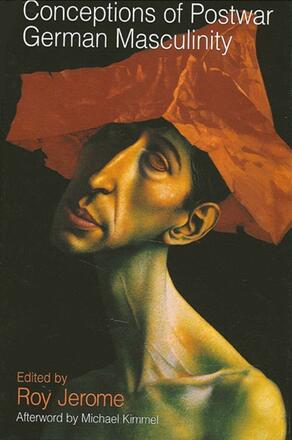
Conceptions of Postwar German Masculinity
Alternative formats available from:
Examines masculinity in German culture, society, and literature from 1945 to the present.
Description
This groundbreaking work examines the long-ignored issue of masculinity and masculine identity in German culture, society, and literature, from 1945 to the present. Utilizing emerging men's studies theories, feminism, psychoanalysis, and literary studies, the book provides a resource for understanding how masculinity informs homosocial, male-female, and adult-child relations. Psychologists, literary scholars, and philosophers survey the current state of men's studies in the German academy, the representation of masculinity in postwar German literature, the psychic legacies of fascism, Turkish-German masculinities, Jewish-German masculinities, Neo-Nazi masculine identity, and the relationship between child sexual abuse and masculinity. Most significantly, the book offers tools for critical reflection on how men maintain power over women and other less powerful groups.
Roy Jerome received his Ph. D. in German Literature. He is currently completing a program in Clinical Psychology at Teacher's College, Columbia University, where he concentrates on psychoanalytic theories of masculinity, men's mental health, trauma, and violence.
Reviews
"A well-translated and well-edited volume, it presents a clear overview of a major problem in German culture. " — Sander L. Gilman, The University of Chicago
"After the horrors of the Holocaust, how does a new generation of German men experience and express their masculinity? This wide-ranging collection explores the meaning of masculinity in contemporary Germany, both in reality and representation. From psychoanalytic probes into the darker recesses of recent familial past to contemporary neo-Nazis and recent literary trends, these authors shed new light on the gendered after-effects of collective hallucination and trauma. " — Michael Kimmel, author of Manhood In America: A Cultural History